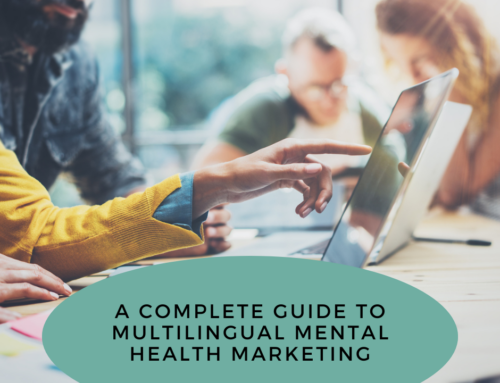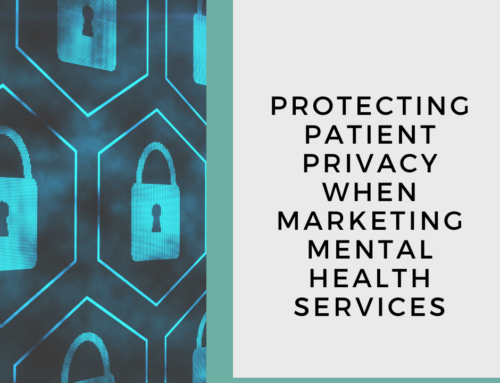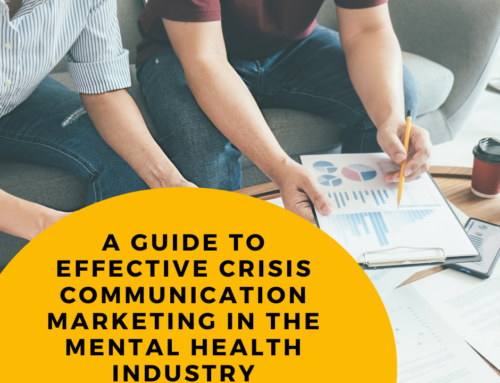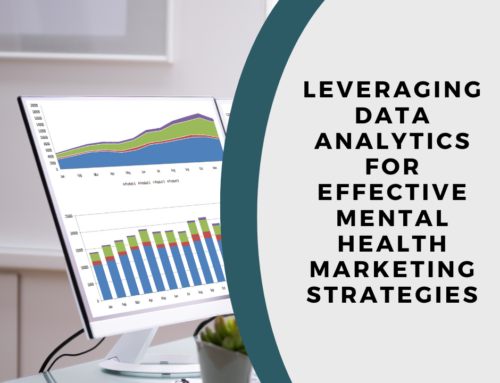In the evolving landscape of mental health services, accessibility is a critical factor. It’s not just about making services available to those experiencing mental health issues who need them but also about ensuring that marketing practices are inclusive and accessible to all. This guide delves into the importance of accessibility in mental health marketing, explores the concept of accessible marketing, identifies the barriers in traditional mental health marketing, and provides practical strategies for implementing accessible marketing.
Understanding the Importance of Accessibility for Marketing Mental Health Services
In the realm of mental health, accessibility is a term that goes beyond the availability of services. It encompasses the idea that information, mental health resources, and services to treat mental illness should be easily understood and reached by everyone, regardless of their abilities or circumstances.
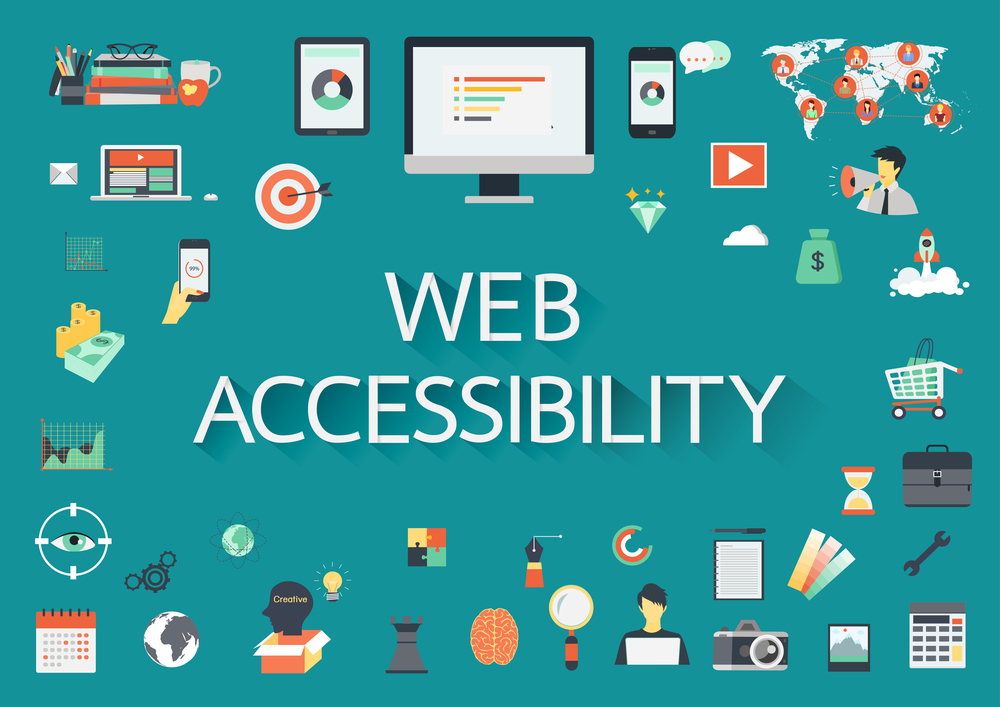
The Role of Accessibility in Marketing Mental Health Care
Accessibility plays a pivotal role in the ability to obtain mental health care. It ensures that individuals with mental health issues and disorders can readily access the help they need. Access includes physical access to healthcare facilities and the ease of understanding information, the simplicity of processes, and the ability to communicate effectively with healthcare providers. Accessibility to mental health services also means that these services are culturally appropriate, affordable, and timely, ensuring no individual is left behind due to barriers in accessibility.
Why Accessible Marketing Matters in the Mental Health Industry
Accessible marketing is a crucial extension of this concept in the digital mental health space. It ensures that information about mental health services reaches the broadest possible audience of people with mental health concerns, including those with disabilities. Accessible marketing practices that accommodate those who experience mental health issues can help eliminate barriers to information, making it easier for individuals to seek help, understand their options, and engage with the services provided by your mental health organization.
It’s about inclusivity, ensuring everyone has equal access to information and essential services regardless of their abilities. Accessible marketing can also help destigmatize mental health conditions and disorders, encouraging more people to seek help and promoting a more inclusive society and greater access to health care.
Defining Accessible Marketing in the Context of Mental Health
Accessible marketing is a strategy that ensures all digital mental health marketing efforts are inclusive and can be effectively received by everyone, including individuals with disabilities. It’s about creating digital marketing campaigns that are not only wide-reaching but also considerate of the diverse needs and experiences of the audience.
What is Accessible Marketing?
Accessible marketing involves designing and implementing strategies that are easily understood by all people, including considering factors such as the readability of text, the clarity of images, the use of captions for videos, and the navigability of websites. It’s about ensuring everyone can engage with your content, understand your message, and interact with your services without roadblocks due to inaccessible features and designs.
The Intersection of Accessible Marketing and Mental Health
For mental health services, accessible marketing takes on an even greater significance. It’s about ensuring that the vital information about mental health services reaches the people who need it and is presented in a way they can understand and engage with.
When creating digital mental health campaigns, webpages, and other digital marketing materials, consider the specific needs of individuals with mental health conditions and ensure your marketing materials are sensitive, inclusive, and destigmatizing. It’s about making services and treatment for mental health conditions more approachable and less intimidating, encouraging more people to seek the help they need when needed.
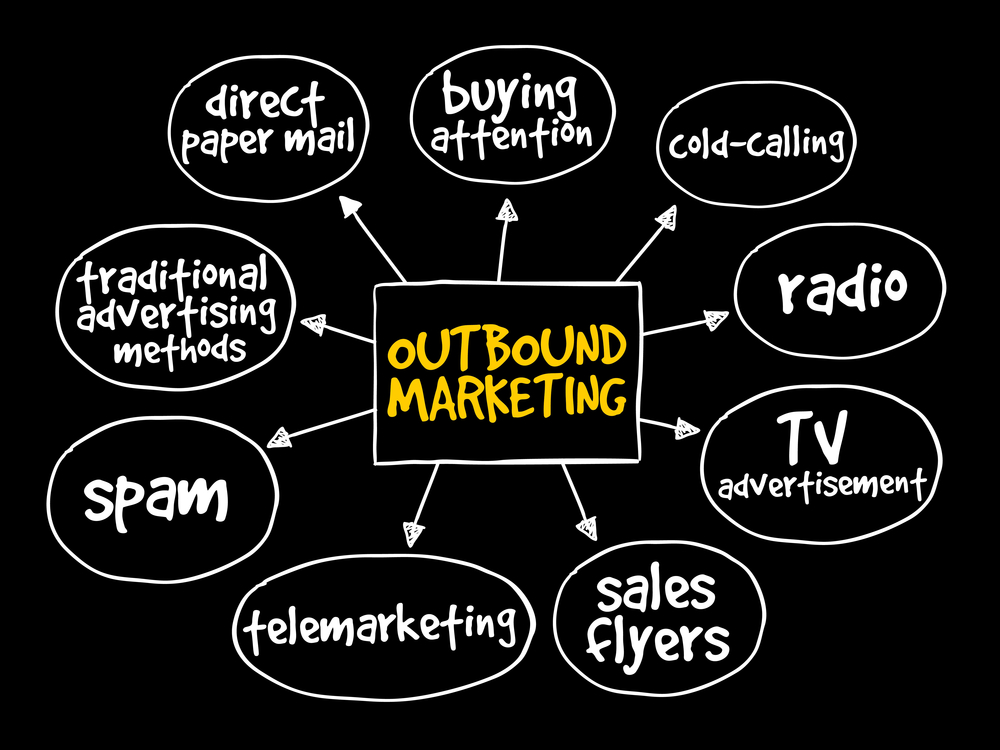
Barriers in Traditional Marketing
Traditional marketing often faces several barriers when advertising mental health services or raising awareness that can limit its reach and effectiveness. These barriers often stem from not considering the diverse needs and experiences of the audience.
One of the most significant barriers is using complex language and medical jargon, which can confuse the general public, particularly those dealing with mental health issues. Confusing and unfamiliar language can make it difficult for individuals to understand the presented information, leading to a lack of engagement with the marketed services.
Another significant barrier is the lack of consideration for individuals with disabilities. Traditional marketing materials often fail to accommodate the needs of individuals with visual, auditory, cognitive, or other disabilities, making these materials inaccessible to a significant portion of your target audience. Stigma and misconceptions about mental health disorders can deter individuals from seeking help. Marketing materials that reinforce stereotypes or fail to address stigma can deter individuals from seeking help, even when they need it.
Addressing these barriers is crucial for healthcare organizations when creating more accessible and effective mental health marketing strategies. By considering the diverse needs and experiences of the audience, marketers can create more inclusive and successful campaigns.
Strategies for Implementing Accessible Marketing in Mental Health
Creating accessible marketing strategies in mental health requires a thoughtful approach that considers the diverse needs and experiences of the audience. Here are some strategies to help make your mental health marketing more accessible and effective.
Follow Inclusive Design Practices
Inclusive design is the heart of accessible marketing. Designing with inclusivity in mind involves creating marketing materials everyone can access, understand, and use to the greatest extent possible, regardless of age, size, ability, or disability. Accessible design includes using clear and simple language, providing alternative text for images, using video captions, and ensuring that websites are navigable for people using assistive technologies.
One of the best ways to ensure your website is accessible for anyone in your target audience is to add an accessibility plugin, which users can utilize to make navigating it easier based on their individual needs. A website design agency can help you understand and implement plugins to improve your mental health website’s accessibility and functionality.
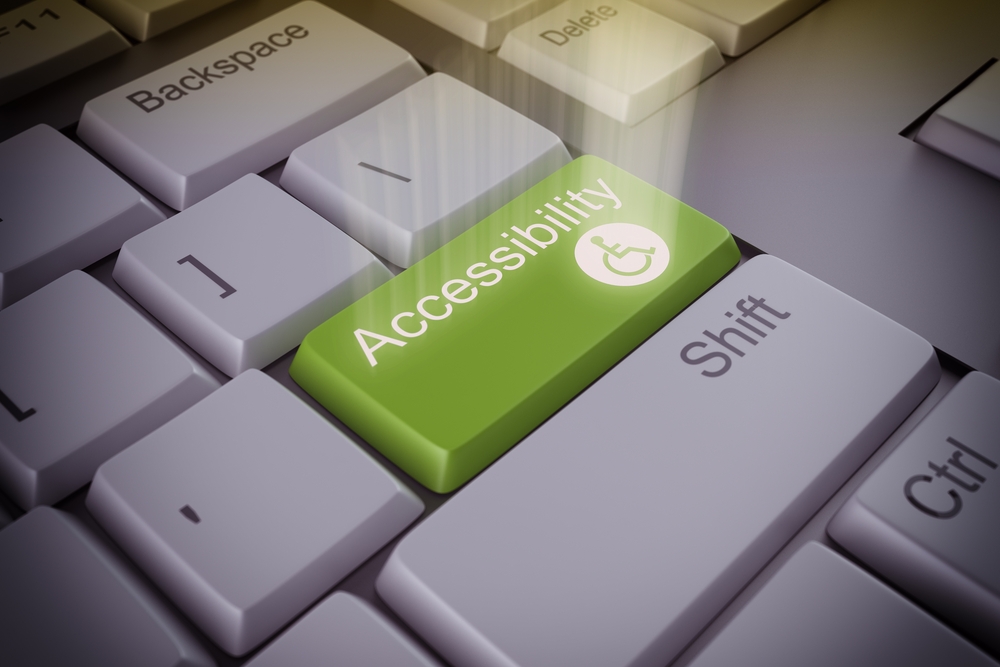
Consider Various Disabilities
It’s also important to consider the specific needs of individuals with various disabilities when creating mental health marketing strategies. This includes considering the needs of individuals with visual, auditory, cognitive, and other disabilities. For example, using larger text sizes and high-contrast colors can make the text more readable for individuals with visual impairments, while providing transcripts for audio content can make it more accessible to individuals with hearing impairments.
You should also consider how mental health disorders and conditions impact how your target audience understands and consumes your marketing campaigns. For example, for those experiencing depression or anxiety, marketing campaigns that portray them as something curable by “getting up and out there” or “moving around more” will have the opposite – or a negative – effect.
By implementing these strategies, you can create mental health marketing campaigns that are not only more accessible but also more engaging and effective for those experiencing mental health issues.
Discover the Best Accessible Digital Marketing Services
Accessible marketing, a necessity in the mental health field, ensures that everyone, regardless of their abilities or circumstances, can access, understand, and engage with your services. However, creating accessible marketing campaigns can be complex and requires specialized knowledge and expertise.
That’s where Lead to Recovery comes in. We specialize in creating digital marketing strategies for mental health treatment programs and services with accessibility in mind. Our team understands the unique challenges and needs of mental health marketing, and we’re committed to creating inclusive and easy-to-understand campaigns for your audience.
Ready to enhance your campaigns with the best mental health marketing services? Call us today at 855-952-5675 and discover how we can help you create a more accessible and effective marketing strategy.

